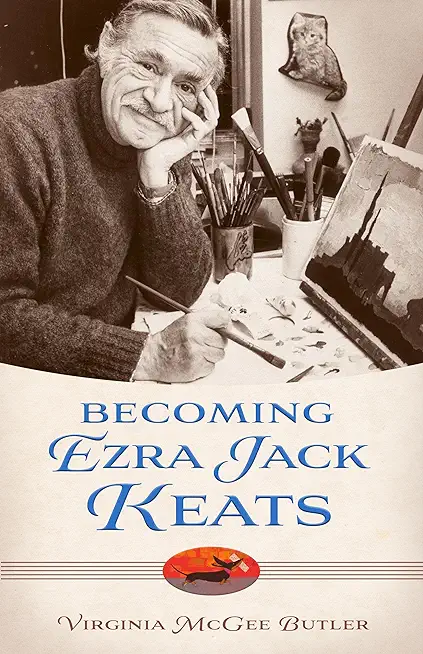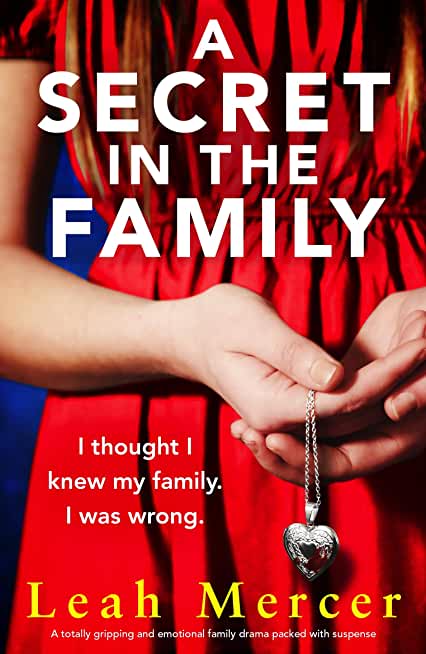
"A painful truth of family life: the most tender emotions can change in an instant. You think your parents love you but is it you they love, or the child who is theirs?" --Joyce Carol Oates, My Life as a Rat
Which should prevail: loyalty to family or loyalty to the truth? Is telling the truth ever a mistake and is lying for one's family ever justified? Can one do the right thing, but bitterly regret it?
My Life as a Rat follows Violet Rue Kerrigan, a young woman who looks back upon her life in exile from her family following her testimony, at age twelve, concerning what she knew to be the racist murder of an African-American boy by her older brothers. In a succession of vividly recalled episodes Violet contemplates the circumstances of her life as the initially beloved youngest child of seven Kerrigan children who inadvertently "informs" on her brothers, setting into motion their arrests and convictions and her own long estrangement.
Arresting and poignant, My Life as a Rat traces a life of banishment from a family--banishment from parents, siblings, and the Church--that forces Violet to discover her own identity, to break the powerful spell of family, and to emerge from her long exile as a "rat" into a transformed life.
member goods
listens & views

DIGITAL TEARS: E-MAIL FROM PURGATORY
by GM GRIMM AS SUPERSTAR JET JAGUAR
COMPACT DISCout of stock
$14.25






